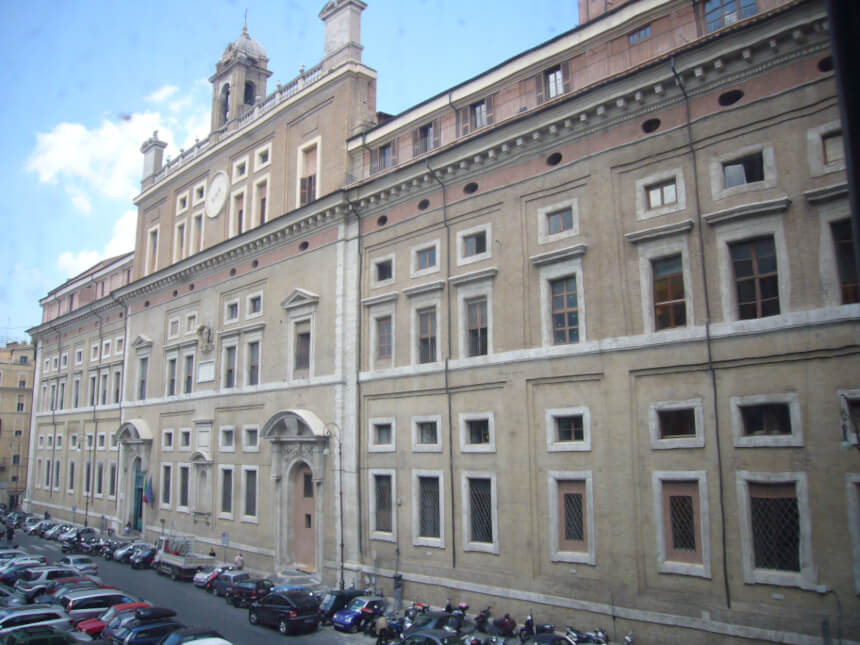Inhalt
On 27 June 2023, the Italian Ministry of Culture published a statement regarding the import of numismatic objects on its website. It was written by none other than Antonio Tarasco, a renowned professor of law and head of the legal department at the Ministry of Culture.
https://cultura.gov.it/comunicato/24864
Can Coins Be Imported into Italy?
This statement indicates that the Directorate-General of the Department for Archaeology, Fine Arts and Landscape consulted the legal department on 16 March 2023 to find out how to deal with Article 72 of the Cultural Property Act. This Article governs the import of archaeological (numismatic) objects originally from Italy, and demands extensive proof of origin.
Pro People vs. Pro State
In his statement, Professor Tarasco discusses the two extremes in Italian case law. Some lawyers argue that historically significant objects belong to the state as a matter of principle, unless legitimate ownership can be proven; others highlight that private ownership – including that of coins – is legally permissible and should only be restricted in exceptional cases.
What Documentation Do Coins Require and When?
The lawyer recalls that, as late as the 1980s, it was unusual even to get proof of purchase, which could therefore not be provided in most cases – let alone more extensive evidence. In 2009, however, his own legal department made itself clear: ‘Lawful international circulation must be evidenced by proper documentation issued by the countries of origin of the objects in question.’ If the certificate issued upon importation was not renewed later, the Italian state could keep the object if considered to be in the national interest. In particular, customs authorities could insist on documentation if there was reasonable doubt about the legitimacy of the objects in question.
In 2021, however, the Italian Supreme Court of Cassation reiterated that the ownership of coins and collections is generally legitimate (and should not automatically require evidence). At the same time, all legal experts agreed that nobody wants to encourage illegal excavation (a point that any responsible coin enthusiast could only support!). Generally speaking, Professor Tarasco says, the legislation is in line with the principle of proportionality and reasonableness. But even he clearly recognises that the legal conditions are not always applied with this principle in mind.
Overly Complicated Documentation Requirements Are Detrimental to Italy’s Cultural Heritage
Professor Tarasco concluded his statement as follows: ‘Forcing citizens (be they collectors or professional numismatists who buy abroad) to provide (almost fiendishly extensive) proof of the legitimate origin of the coins they buy, which must even date back to before 1909, is ultimately making it more difficult to buy – and therefore import into Italy – significant numismatic material that may one day enter public collections. If we look closely, we can see that this approach – even if applied with good intentions – will not result in Italy protecting its national cultural property, but rather losing it.’








